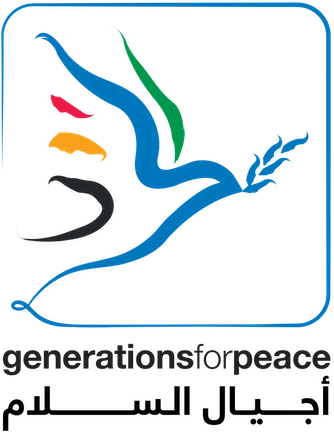
In a society with a diverse population, Sana’a is home to IDPs, refugees and a number of different tribes with complex tribal structures. Those divisions are strained by a combination of extreme poverty and slow development progress which has adversely impacted the lives of Yemenis. Following Yemen’s Arab Spring (Feb 2011) and the toppling of President Ali Abdullah Saleh (Dec. 2012), the political upheaval and power vacuum has further widened the gaps between different groups, and risks polarizing the diverse population alongside the newly-formed conflict groups that arose out of the turmoil.
One of the Sport For Peace Training participants, Mohammad Al Nibhani, expressed the importance of working for peace: “Today, I am optimistic in the realization that it is possible build and spread peace, starting from me where I stand and ending what the darkness covers.” Fellow participant Amani Abdel Kader, enjoyed the training, finding that is exuded a refreshing sense of optimism putting everyone in good spirits while teaching conflict transformation in simple terms.
To ensure the longer-term aims of such programmes in Yemen are achieved, the training included sessions on the importance of applying rigorous Monitoring and Evaluation methods in Sana’s programmes during all phases of execution – before, during and after. The innovative Monitoring and Evaluation framework promotes learning and adaptation based on participatory processes, and is supported by the Generations For Peace Institute, the research arm of Generations For Peace.
The passionate commitment of these youth leaders and their volunteer movement is steadily growing the impact and reach of Generations For Peace programmes in Yemen, as in other countries around the world. The lead trainer implementing this programme, Mohammad Al-Afeef, was impressed with the large number of applications received to join this Sport for Peace programme: “We have received more than 100 applications. We didn’t expect such a number, but that indicates that youth are excited about our work and believe in the peace message we are working on.”

